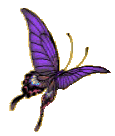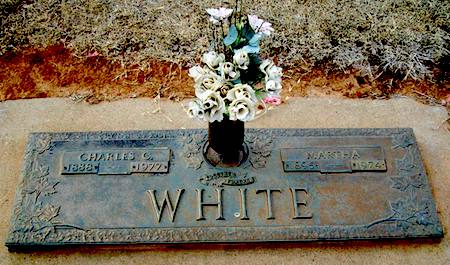
|  |  |

|  |  |

March 12, 2017 June 18, 1888 ~ October 1977 Charles Carroll White was born 18 Jun 1891 on a farm west of Guthrie in Logan County, Oklahoma Territory, the oldest of five children of Loren Eldridge and Mary C. White [nee Wright]. He left home soon after his mother died in his early adolescence. He worked on farm in Hays, Kansas for two harvest. The elderly farmer wanted Charlie to take over the farm operation but CC caught the railroad bug and went to work there. By 1917, he rode a train east to the end of the line at Rantoul, Illinois. He found his way to Detroit and work as a locomotive fireman for the Wabash Railroad. During the draft, he was accepted at Detroit 10 Oct and enlisted at Columbus Barracks, Ohio on 11 Oct 1917. He served overseas from 18 Feb 1918 to 8 Jul 1919. He was discharged at Camp Sherman, Ohio 18 Jul 1919, a sergeant in Company A, 58th Regiment Engineers as engineer of Locomotive #1313 [in French treize cent treize] [trez son trez]. Charlie always said that 13 was his lucky number. At the beginning of his active duty, Charlie was assigned to an infantry outfit which transported to Brest, France. During a line-up, the sergeant asked who could operate a locomotive. Charlie stepped out of ranks (along with a few other guys) and was immediately transferred to an Operating Engineers outfit. Locomotive whistles were very shrill, so he drilled out the firing pin from a 75 mm Howitzer shell casing and covered his engine's whistle pipe. The Frenchmen always said he had a "bon sifflet" ["good whistle"]. #1313's whistle had a low, mellow tone. Everyone could tell it was him when he sounded his whistle. His fireman was a man named Dundan. American train freight cars all had eight wheels. French freight cars had four wheels. American cars all had knuckle couplers. You could back up and couple cars automatically. French cars all had bumper and chain. American cars all had air brakes so they were always in the front of the train to connect to the locomotive's air brakes. Charlie was on his engine transferring high contact explosive. They were traveling parallel to the trenches. They came under fire from German artillery. Charlie said their first round was short, the second was long. Charlie and Dundan set the brake and jumped from either side of the engine. The third round hit the train. The train was lost and the explosion tore up the track. As a result of the jump, Charlie damaged his kidneys and they needed to be re-suspended. While he was in France, he was treated for influenza three times: 21 to 23 March 1918 in Camp Infirmary, 16th Engineers; Camp Hospital No. 41, France from 22 to 26 Jun 1918; and at Base Hospital No. 60 in France from 25 to 28 Feb 1919. About early 1928 Charlie and his family traveled to Oklahoma to obtain sworn affidavits from three people about his birth in order for him to receive veterans' benefits relating to his service injury during WW I. They were on their way from Michigan to Letterman General Hospital in the Presidio in San Francisco and stopped in Kingfisher, Oklahoma where his grandparents lived. The family was in Oklahoma long enough for Charlie to find work as Top Hand on a local farm. That winter, it was so cold, the cows were giving very little milk and their lives were even in danger. Charlie convinced the owner to install a heater in the water tank/trough. The cows went to the water very gingerly, expecting it to be very cold and dipped only the tips of their snouts. When they found it warmer, they plunged in to their nostrils and drank and drank and DRANK. Milk production went way up and all the local farmers installed water heaters. |